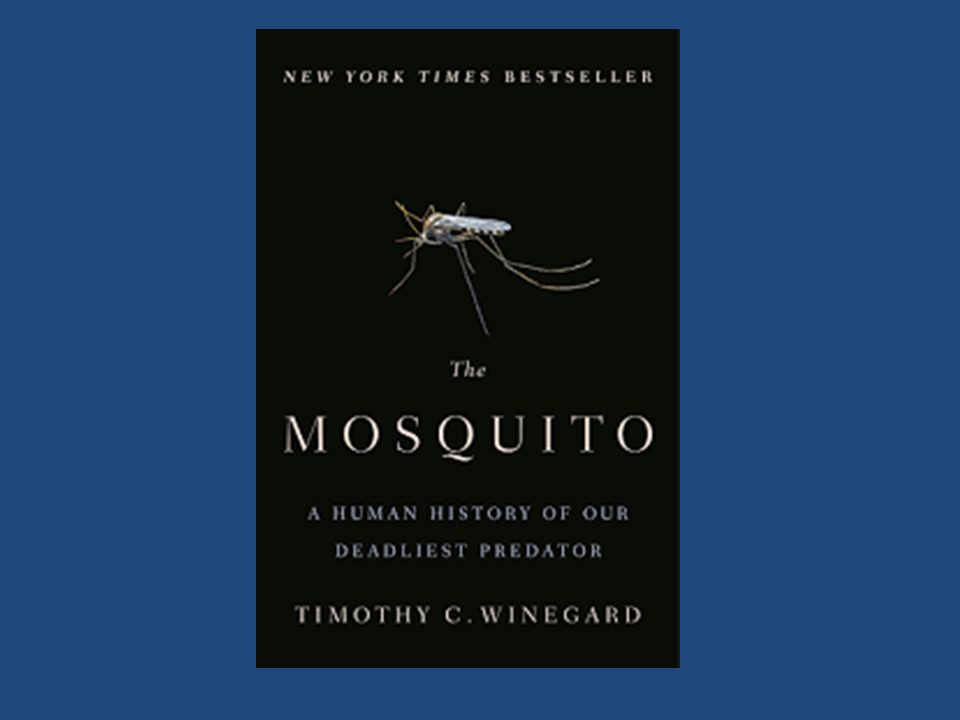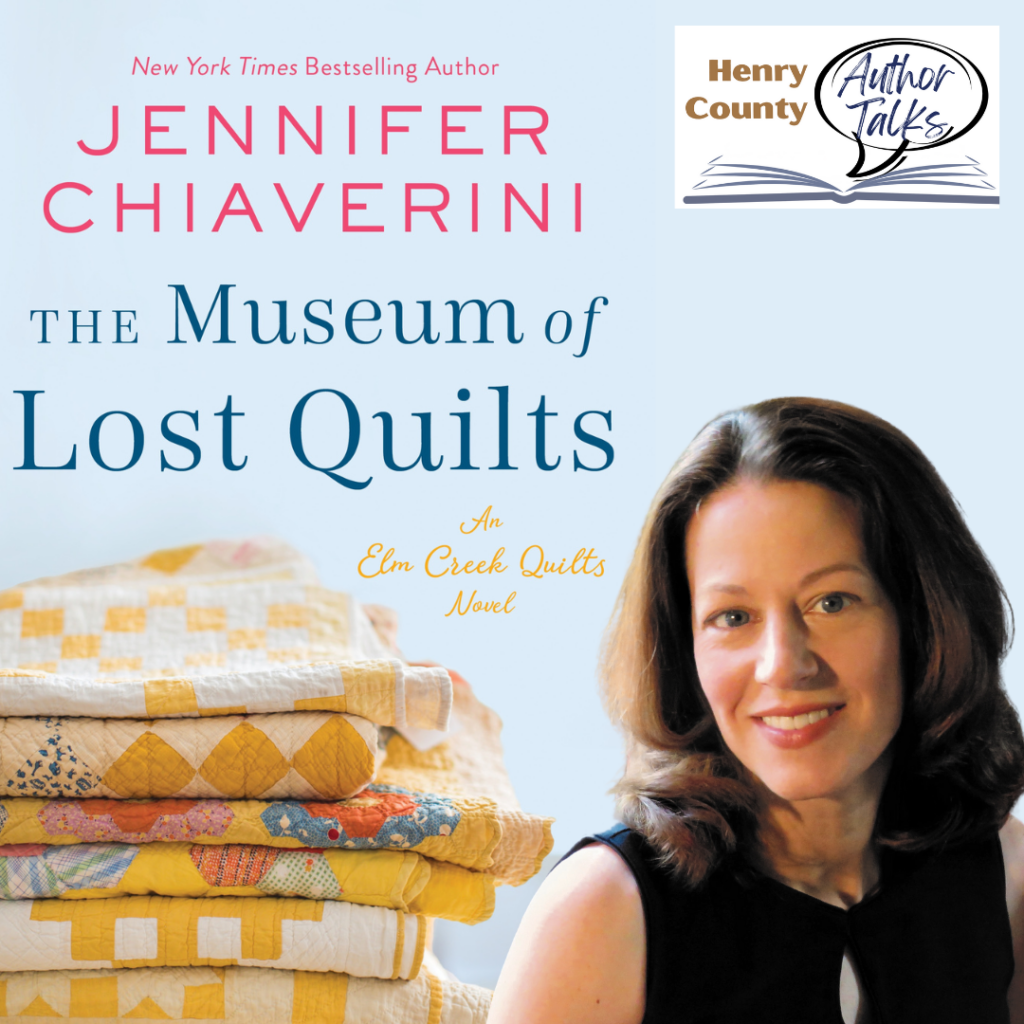“[S]he gently lands on your ankle without detection … She conducts a tender, probing, ten-second reconnaissance, looking for a prime blood vessel. With her backside in the air, she steadies her crosshairs and zeros in with six sophisticated needles. She inserts two serrated mandible cutting blades . . ., and saws into your skin, while two other retractors open a passage for the proboscis, a hypodermic syringe that emerges from its protective sheath. With this straw she starts to suck 3-5 milligrams of your blood, immediately excreting its water, while condensing its 20% protein content. All the while, the sixth needle is pumping in saliva that contains an anticoagulant preventing your blood from clotting.” p. 7
Although your reaction will probably only be a little, itchy bump, you have just been bitten by the deadliest predator on earth. Scientists have not found that mosquitos serve any useful purpose. They do not eat other insects, pollinate plants, or supply a food source. Their only significant impact on the earth is to reduce the size of the human population, and they do that to great effect. Last year mosquitos killed only 830,000 people, much lower than the yearly average of 2 million.
Winegard traces the profound and devastating effects that mosquitos have on human history through their ability to carry fatal illnesses. It was the mosquito injected diseases that stopped both Alexander the Great and Genghis Kahn. Mosquitos in the swamps surrounding Rome protected it from the invasion of Hannibal but then turned on the city’s inhabitants with periodic epidemics of malaria that would leave 30,000 dead at a blow.
Coffee beans, tea leaves and many spices were first cultivated as antidotes to malaria. As they became popular for everyday enjoyment and their production spread across the world, it also spread the diseases from their exotic origins. During the Civil War one of the most important effects of the blockades on the south was cutting off the supply of quinine needed to treat malaria that had been imported along with slavery.
Today we still hear warnings each year to remove all standing water from our yards. We don’t worry much about malaria but we worry about West Nile Virus, the approaching Eastern Equine Encephalitis and Zika.
Review by Janet T., Reference Librarian





